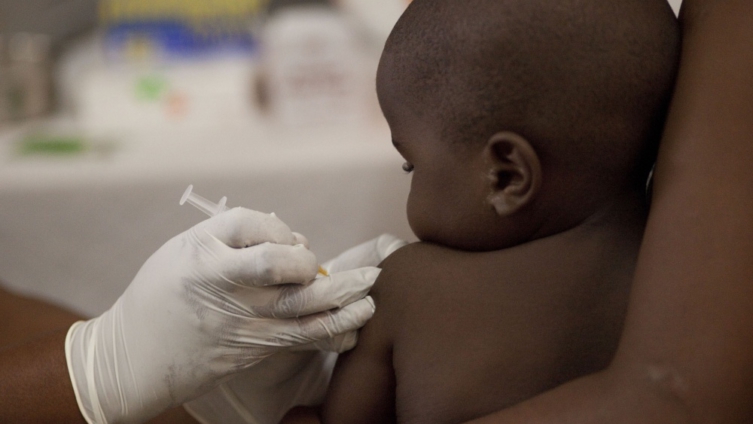An epidemiologist with the National Malaria Control Programme (NMCP) says more resources are needed to make the goal of eliminating malaria in the country feasible.
According to Dr Nana Yaw Peprah, several innovative decisions are to be implemented towards eradicating the spread of the disease.
But the lack of adequate resources is impeding the swift delivery of such interventions, although the World Health Organisation (WHO) has given the country the green light to expand the malaria vaccination programme.
Speaking on Prime Morning on Monday, Dr Peprah noted that the NMCP is currently making do with the available resources to achieve some results.
“For instance, what we did in our current strategic plan was to stratify our disease burden and get our interventions more targeted. What that meant was that in some districts, we were doing some interventions we taught would be more efficient.
“So, we try as much as possible to get the best out of the resources available to us. Over the years, we have made this progress with just about half of the resources we need as a Programme. What this means is that if we get more resources, we are going to do more, and elimination is really feasible,” he said.
Dr Yaw Peprah revealed the Programme is liaising with relevant stakeholders to identify ways and means to be more innovative in this fight.
“We’re trying as much as possible to be innovative, to try and see what works well in which places, and if we have the needed resources, we can implement same and get the resource we need to get as a country.”
Reforms needed
A Senior Research Fellow at the Noguchi Memorial Institute for Medical Research (NMIMR) has called for more reforms and investments to be made in the fight against malaria in the country.
Dr Linda Eva Amoah said despite various interventions made to reduce malaria infections, pregnant women and children below five years remain highly susceptible to the disease.
She mentioned that cases of malaria among pregnant women usually affect unborn babies, saying it is one of the leading causes of stillbirths in the country.
“They [children and pregnant women] are the ones that do suffer the most because for children under five, their immune system isn’t that well-developed, and once you become pregnant, you also have become susceptible to a whole lot of different things.
“So, these two categories are very susceptible to malaria, and most of our interventions are targeted to help them,” she said.
Latest Stories
-
Story of a survivor championing patient-led approach to dealing with NCDs in Ghana
6 mins -
Haiti’s PM Ariel Henry resigns as transitional council is sworn in
28 mins -
Unforgettable stories from Primary School English text books
28 mins -
Jodie Comer to star in 28 Days Later sequel
37 mins -
CAFCC: GH₵36k for Baba Yara Stadium usage was for GFA, not Dreams FC – NSA clarifies
43 mins -
‘Lost’ Gustav Klimt painting sells for €30m
43 mins -
CAFCC: Zamalek arrive in Kumasi ahead of second leg against Dreams FC
47 mins -
Megan Thee Stallion: Cameraman accuses rapper of ‘hostile’ workplace
47 mins -
I would rather invest GH₵50,000 in my soul than go for body enhancement – Celestine Donkor
1 hour -
Four interdicted headteachers transferred after GES probe
1 hour -
Plastic Pollution: UN leads negotiations for international legally binding instrument to regulate usage
1 hour -
UKGCC to tour Golden Exotics on May 2, 2024 as part of World Press Freedom Day
1 hour -
NIC leads insurance firms to donate blood as part of 2023 Blood Donation Campaign
2 hours -
EC sets May 7 to 27 for voters’ register update
2 hours -
Lekzy Decomic, Clemento Suarez, OB Amponsah, others honoured at Ghana Comedy Awards
2 hours

